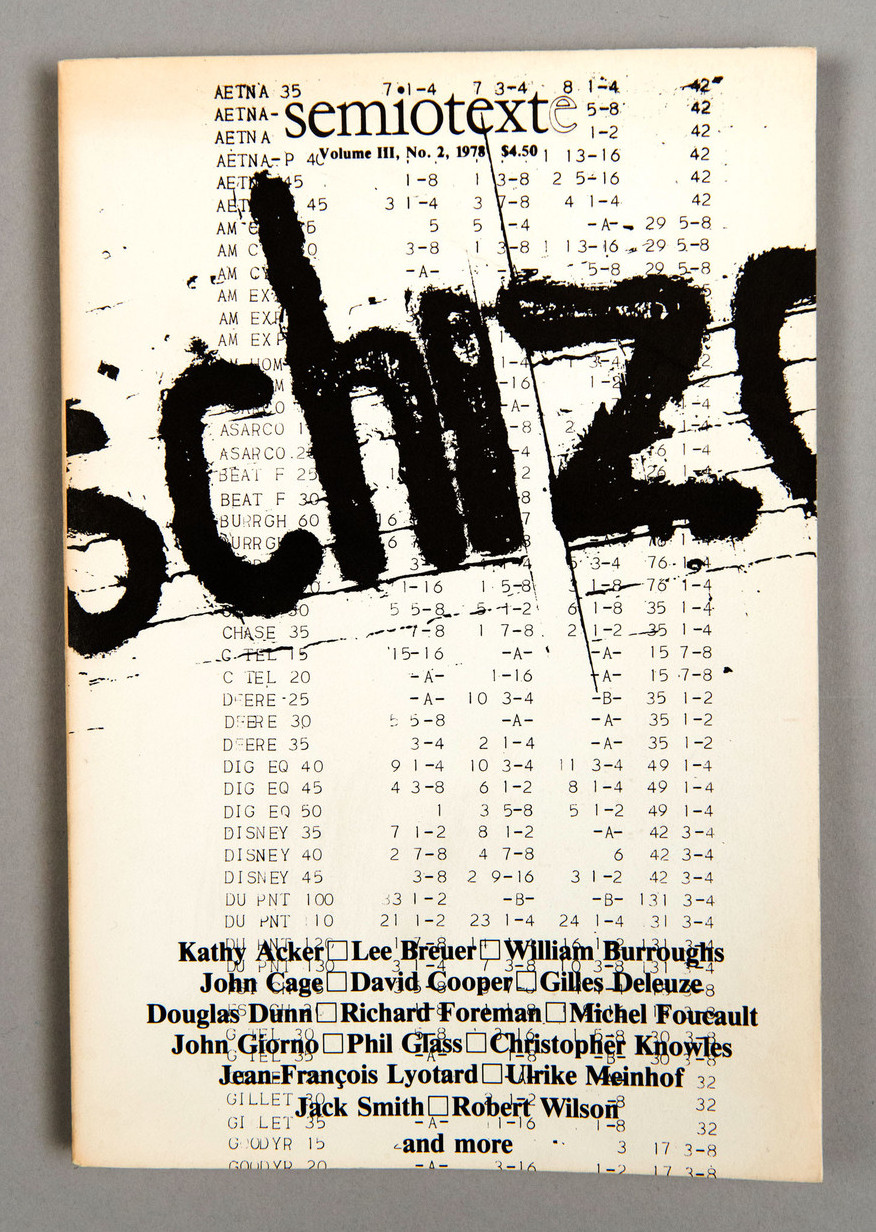Laurier Rochon: The Dictator’s Practical Internet Guide to Power Retention (2012)
Filed under booklet | Tags: · internet, politics, power, social media, totalitarianism

The goal of this guide is to provide leaders of authoritarian, autocratic, theocratic, totalitarian and other single-leader or single-party regimes with a basic set of guidelines on how to use the internet to ensure you retain the most power for the longest time. The best way to achieve this is to never have your authority contested. This guide will accompany you in the obliteration of political dissidence. By having everyone agree with you, or believe that everyone agrees with you, your stay at the head of state will be long and prosperous.
Self-published, June 2012, Rotterdam, The Netherlands
55 pages
PDF
View online (HTML)
Aradhana Sharma, Akhil Gupta (eds.): The Anthropology of the State: A Reader (2005)
Filed under book | Tags: · anthropology, bureaucracy, democracy, economy, feminism, governmentality, ideology, immigration, labour, neoliberalism, politics, power, production, society, state

This innovative reader brings together classic theoretical texts and cutting-edge ethnographic analyses of specific state institutions, practices, and processes and outlines an anthropological framework for rethinking future study of “the state”.
– Focuses on the institutions, spaces, ideas, practices, and representations that constitute the “state”.
– Promotes cultural and transnational approaches to the subject.
– Helps readers to make anthropological sense of the state as a cultural artifact, in the context of a neoliberalizing, transnational world.
Publisher Blackwell Publishing, 2006
ISBN 1405114681, 9781405114684
424 pages
Semiotext(e), 3(2): Schizo-Culture (1978)
Filed under journal | Tags: · anti-psychiatry, capitalism, linguistics, literature, philosophy, politics, power, psychoanalysis, schizoanalysis, schizophrenia, semiotics

“Semiotext(e) began in 1974 as a journal started by French philosopher Sylvère Lotringer in an effort to bridge radical French theory and the intellectual and art worlds of New York City. The original editorial board included ten people, mostly graduate students at Columbia University where Lotringer teaches, who chipped in fifty dollars apiece to get the journal started. They held their first conference in 1975: the Schizo-Culture conference on prisons and madness. Speakers included Gilles Deleuze, Félix Guattari, Michel Foucault, and Jean-François Lyotard, now all staples of the Semiotext(e) backlist.” (from Wikipedia)
With contributions by Kathy Acker, Lee Breuer, William Burroughs, John Cage, David Cooper, Gilles Deleuze, Douglas Dunn, Richard Foreman, Michel Foucault, John Giorno, Phil Glass, Christopher Knowles, Jean-Francois Lyotard, Ulrike Meinhof, Jack Smith, Robert Wilson, and others.
Edited by Sylvère Lotringer
Publisher Semiotext(e), New York, 1978
ISSN 00939579
221 pages
PDF (8 MB, updated on 2013-12-8)
See also Semiotext(e), 3(1): Nietzsche’s Return (1978).
Comments (2)
